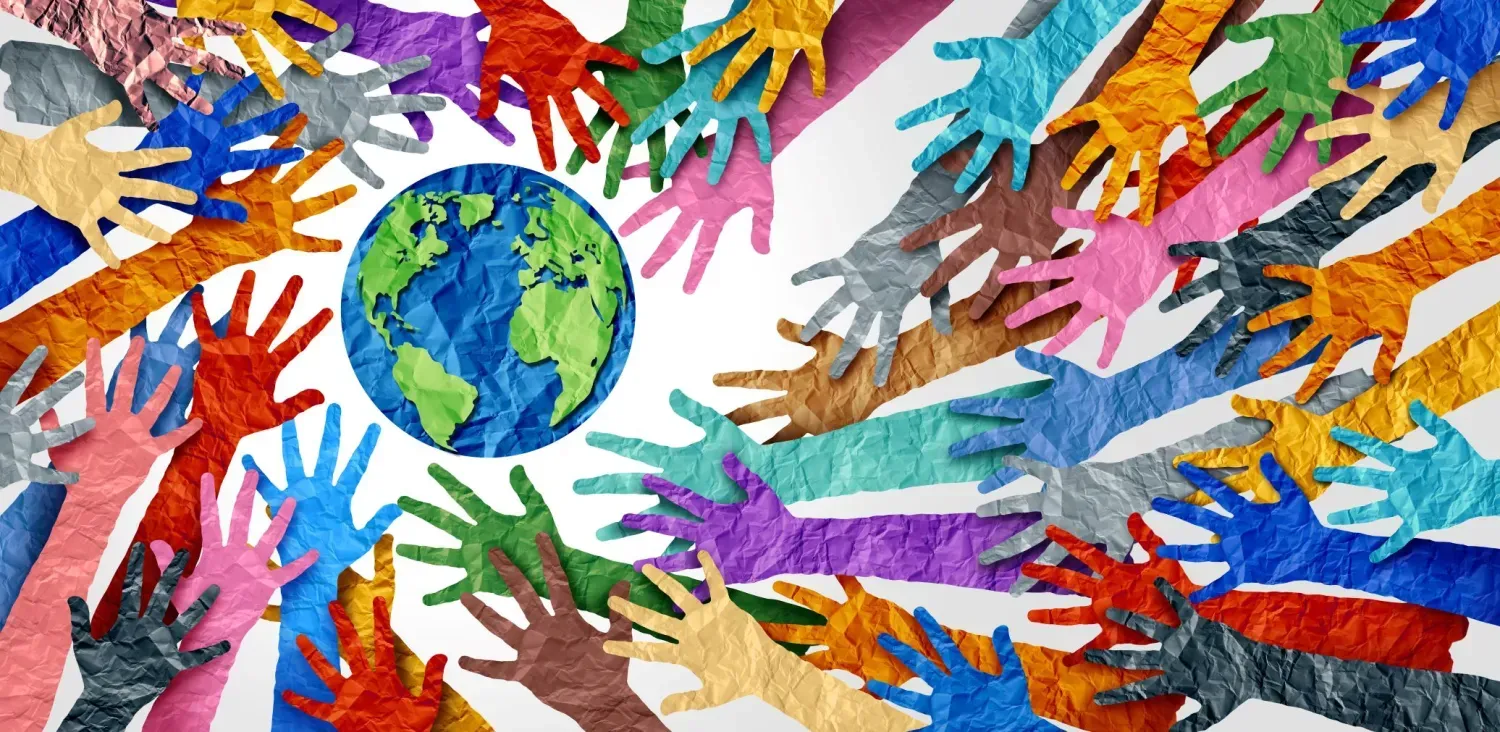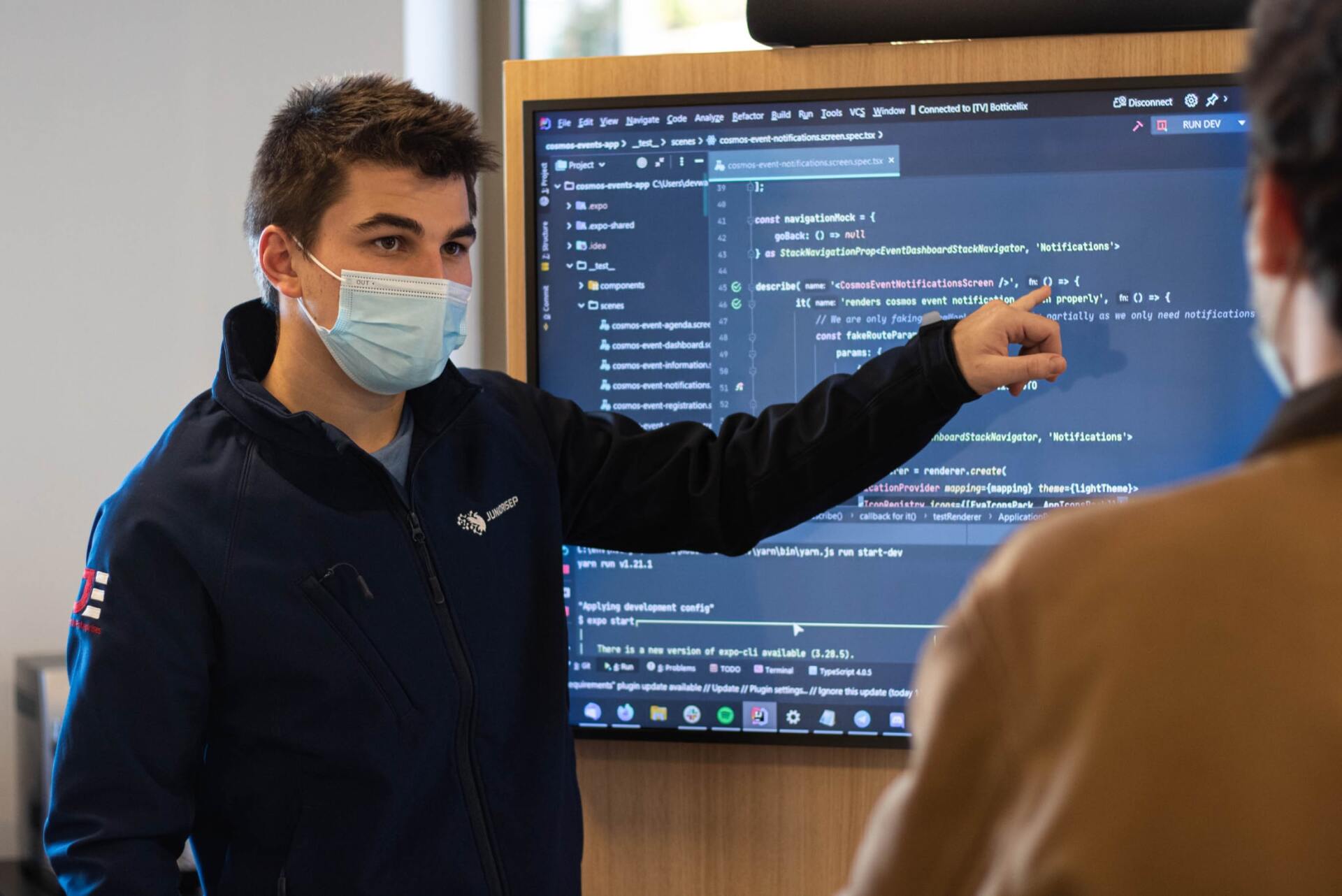Stories
Our most ancient method of learning.
Mental Health is Connected to Climate Change
The after effects resulting from natural disasters run deep
I am so glad that rainfall in Australia is reducing the number of fires. The news about these fires and the effects on the people made me think more about the link between climate change and mental health. This relationship was highlighted about a decade ago by Berry, Bowen and Kjellstron (International Journal of Public Health, April, 2010, Pp. 123-32). Climate change affects people's mental health both directly and indirectly. Directly by exposing people to trauma and indirectly by affecting their physical health and associated mental health (post-trauma anxiety resulting from an extreme cold exposure event which led to hypothermia with shivering, clumsiness, confusion, tiredness, and an ongoing increased risk of heart attacks). Just watching or listening the news demonstrates that within communities, climate change erodes physical environments which damages social environments. Vulnerable people and places, especially in low-income countries, are particularly badly affected.
My experience as a psychologist supporting those who have experienced trauma post-fires and suicide in the Arctic, in multiple countries post-tsunami and in Haiti post-earthquake, coupled with the academic literature, supported my arriving at this conclusion - that no matter what the trauma is, people respond following similar patterns; the timing and the severity of the effects may be different but
basically they are expected (normal) responses to abnormal circumstances. On an individual level, I have found that simply sharing in an empathetic and kind way information about these patterns and responses to trauma can be an extremely helpful.
The direct and indirect effects of climate change worldwide means that the proportion of children that have experienced trauma and who are in schools require an environment that supports their healing from the MH effects. Teachers need much support in knowing what this looks like in their classrooms and schools. My concern is that this is not taught in teacher preparation programmes, or frequently in professional development resulting so most teachers not knowing how to respond to either individual children who have experienced trauma or in their classes after major traumatic events. This issue urgently needs to be addressed.
If, as a teacher, you need practical information about what to do to either prepare for supporting students who have experienced trauma or you need to know now what to do since your students have experienced trauma, our hope is that Crisis Relief provides the needed guidance for you.




